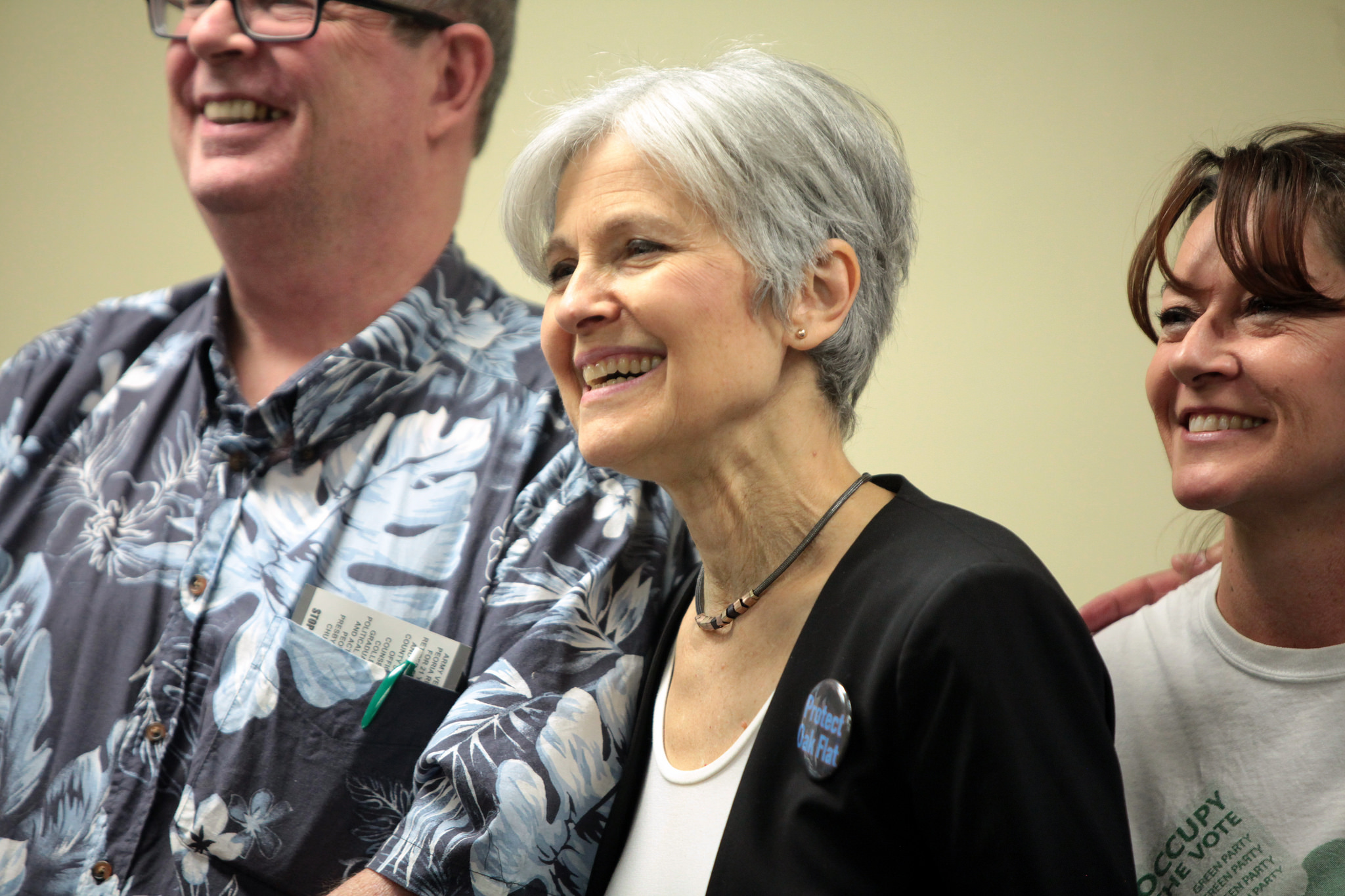Third-party candidates are often accused of acting as “spoilers” by siphoning votes from the two major parties’ nominees and potentially tipping the balance in an election.
Perhaps the most notable example of this is Ralph Nader. The former Green Party candidate is frequently accused of helping George W. Bush win the 2000 presidential election by diverting votes which otherwise would have gone to Democratic nominee Al Gore, although this theory has been disproven many times.
“A lot of people have basically grown to depend on the confines of the two-party system and have a hard time getting their brain around a constructive, strategic path out of it,” Sam Husseini, a political activist, told MintPress News.
Husseini proposed an alternative strategy in which voters form “voting pacts” across party lines. For example, a Democrat and a Republican might each agree to vote for a third-party candidate of their choice, rather than the two major parties’ candidates. The strategy reduces the potential for “spoiling” votes, as long as voting pacts don’t cross state lines, because each of the major candidates loses voters equally.

